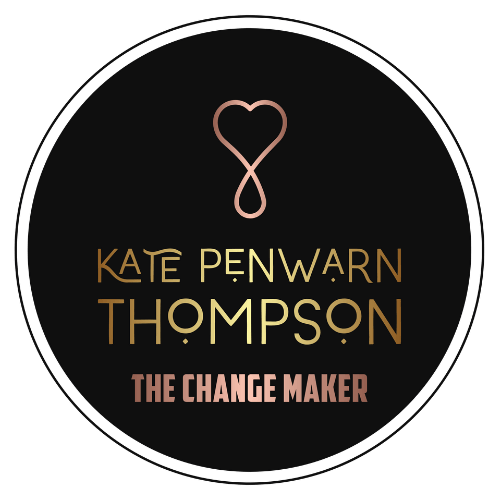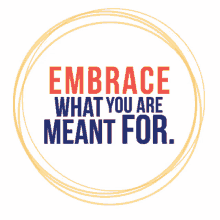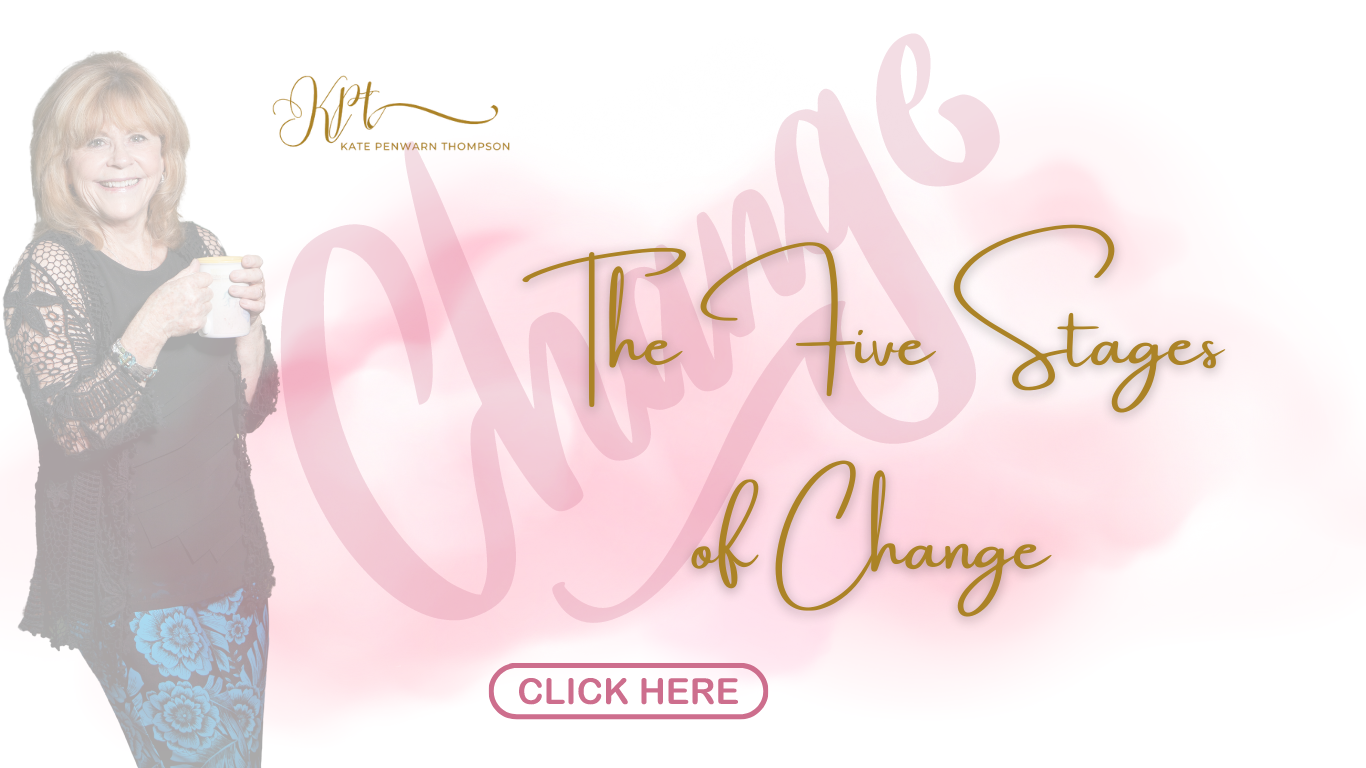
Changing negative thoughts is crucial for our well-being and overall quality of life. When we allow negative thoughts to take hold, they can consume us and drain our energy, leading to increased stress, anxiety, and unhappiness. By consciously challenging and transforming negative thoughts into positive ones, we empower ourselves to cultivate a more optimistic outlook on life.
- Awareness and Challenge: Begin by becoming aware of negative thoughts as they arise. Pause and consciously question their validity. Ask yourself if there is evidence to support the negative thought or if there could be alternative perspectives. Challenge the negative thought by replacing it with a positive or more balanced statement.
- Reframing: Reframing involves consciously shifting your perspective on a situation. Instead of focusing solely on the negatives, try to find the silver lining or a more constructive angle. Look for opportunities for growth, learning, or gratitude within the situation. Reframing allows you to see the bigger picture and reframe negative experiences as valuable lessons.
- Positive Affirmations: Positive affirmations are powerful statements that reinforce positive beliefs about oneself. Choose affirmations that counteract your negative thoughts and repeat them regularly. By affirming positive qualities or outcomes, you can rewire your subconscious mind to embrace more positive and empowering thoughts.
- Gratitude Practice: Cultivating a gratitude practice can help shift your focus from negative thoughts to the positive aspects of your life. Each day, take a few moments to reflect on things you are grateful for, whether big or small. This practice promotes a mindset of appreciation and helps counterbalance negative thinking patterns.
- Self-Compassion: Negative thoughts often stem from self-criticism and judgment. Practice self-compassion by treating yourself with kindness and understanding. When negative thoughts arise, remind yourself that everyone makes mistakes and has setbacks. Offer yourself words of encouragement and remind yourself that you are worthy of love and acceptance.
To help your brain move to a better thought over a negative one, it's essential to practice awareness and active intervention. Start by recognizing when negative thoughts arise and consciously choose to redirect your focus. Engage in activities that bring you joy and promote a positive mindset, such as listening to uplifting music, reading inspirational books, or engaging in creative outlets.
Here are five ways to help your brain look for better thoughts over negative ones:
- Mindfulness and Meditation: Engage in regular mindfulness and meditation practices. These techniques help you observe your thoughts without judgment and create space between you and your negative thoughts. By cultivating a non-reactive and present-moment awareness, you can interrupt negative thought patterns and create room for more positive and constructive thoughts to emerge.
- Surround Yourself with Positivity: Surround yourself with positive influences, such as uplifting books, podcasts, and supportive people. Seek out environments that foster positivity and optimism. The more exposure you have to positive ideas and experiences, the more your brain will naturally gravitate towards better thoughts.
- Cognitive Restructuring: Cognitive restructuring is a technique that involves challenging and reframing negative thoughts. When a negative thought arises, consciously question its validity and explore alternative perspectives. Look for evidence that contradicts the negative thought and reframe it into a more positive or balanced statement. Practice this regularly to rewire your brain to seek out better thoughts.
- Gratitude Practice: Cultivate a daily gratitude practice. Regularly acknowledge and appreciate the positive aspects of your life, no matter how small. This practice rewires your brain to focus on the good, helping it naturally seek out and generate better thoughts. Consider keeping a gratitude journal or sharing your gratitude with others to enhance the benefits.
- Engage in Positive Self-Talk: Pay attention to your internal dialogue and consciously replace negative self-talk with positive affirmations and supportive statements. Be kind and compassionate towards yourself, and consciously choose thoughts that uplift and encourage you. Over time, your brain will learn to default to more positive thoughts and beliefs.

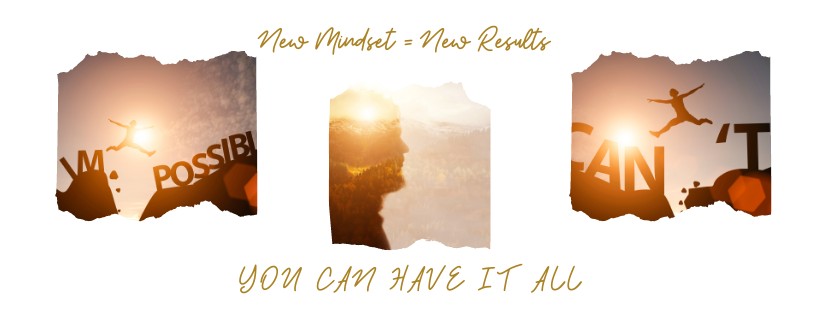

- Increased Self-Awareness: Self-coaching enables you to develop a deep understanding of your strengths, weaknesses, values, and aspirations. By exploring your thoughts, emotions, and behaviors, you gain insight into what drives you and what holds you back. This heightened self-awareness allows for more intentional decision-making and empowers you to align your actions with your true self.
- Enhanced Problem-Solving Skills: Through self-coaching, you learn to identify and analyze challenges and obstacles that stand in the way of your goals. You develop critical thinking and problem-solving skills, enabling you to come up with creative and effective strategies to overcome these challenges. Self-coaching encourages you to think outside the box, explore alternative perspectives, and find innovative solutions to problems.
- Greater Empowerment and Autonomy: Self-coaching puts you in the driver's seat of your personal growth journey. It fosters a sense of empowerment and ownership over one's life and development. Instead of relying on external sources for guidance, you become self-reliant and confident in your ability to navigate challenges and make decisions. This autonomy promotes a greater sense of control, freedom, and self-determination.
- Flexible and Personalized Approach: Self-coaching allows you to tailor the process to your unique needs, preferences, and circumstances. Unlike traditional coaching, self-coaching provides the freedom to explore personal insights, experiment with different strategies, and adapt the approach as needed. This flexibility enables you to create a coaching style that resonates with you, maximizing your growth potential.
- Lifelong Learning and Growth: Self-coaching is a lifelong skill that you can apply to various areas of your life. It encourages a growth mindset and a continuous pursuit of personal development. By becoming your own coach, you cultivate a habit of self-reflection, learning from your experiences, and continuously seeking opportunities for growth. Self-coaching equips you with the tools and mindset to adapt to change, embrace new challenges, and evolve throughout your life.
1. Clarity of Goals and Vision: Self-coaching helps individuals gain clarity about their goals, aspirations, and the vision they have for their lives. By engaging in self-reflection and asking powerful questions, individuals can define their objectives with precision and establish a clear roadmap toward success. This clarity increases their chances of success by providing a clear direction to focus their efforts and energy.



- Explore your interests and passions: Start by making a list of the things you enjoy doing or the topics that you are passionate about. Consider what brings you joy, fulfillment, and a sense of accomplishment. Think about the activities that you could engage in for hours without getting bored. These are often good indicators of your passions and can help you identify potential paths to finding your purpose.
- Identify your core values: Reflect on the things that matter most to you in life, such as integrity, honesty, kindness, or compassion. Understanding your core values can help you make decisions that align with your beliefs and bring a sense of meaning to your life.
- Try new things: Experiment with new activities, hobbies, or career paths that you have not tried before. This can help you discover new interests and passions that you never knew existed. It may also help you gain new skills and experiences that could be useful in identifying your purpose.
- Reflect on your life experiences: Consider the challenges, setbacks, or successes that you have experienced in life. Reflect on the lessons learned and how they have shaped your perspective or values. These experiences can help you identify areas of interest or passion that you may want to pursue further.
- Seek guidance and support: Talk to trusted friends, family members, or mentors about your journey to finding your purpose. Seek their advice, feedback, or insights on your strengths, weaknesses, and areas of interest. They may be able to provide valuable guidance and support as you navigate the process of discovering your purpose.

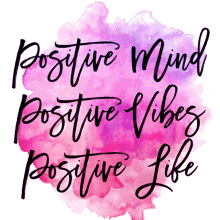


- Acknowledge the thought and remind yourself that it is only a thought, not a fact.
- Acknowledge your feeling and let it pass through.
- Take a few deep breaths and focus on the present moment.
- Practice gratitude daily to help shift your mindset to a more positive one.
- Talk to a friend or family member about the thought and get their perspective.
- Focus on your breath: Take a few moments to simply focus on your breath and the sensation of inhaling and exhaling.
- Take a mindful walk: When you take a walk, pay attention to the sights, smells, and sounds around you. Notice how your body moves and shifts with each step.
- Enjoy the present moment: Take a few moments to appreciate the little things in life. Notice the beauty around you, the taste of your food, the warmth of the sun.
- Practice acceptance: Allow yourself to feel whatever emotions come up, and observe them without judgement.
- Set aside time for yourself: Dedicate some time each day to practice mindfulness. This could be as short as 10 minutes or as long as an hour.


